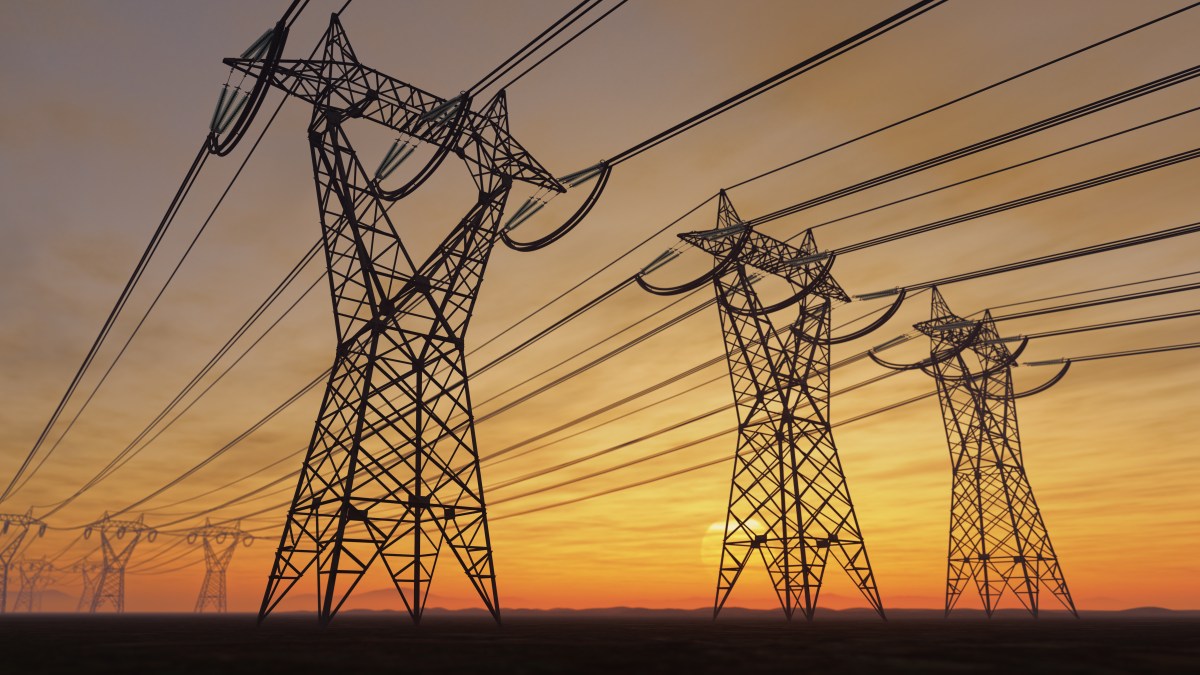Where Aytac Yilmaz lives in the Netherlands, the sun might not appear for days on end, which can really crimp the output of the country’s solar panels. Wind turbines might make up some of the shortfall, but what if the wind disappears at the same time? Enter long-duration energy storage, or massive batteries tailored to […]
© 2024 TechCrunch. All rights reserved. For personal use only.
Where Aytac Yilmaz lives in the Netherlands, the sun might not appear for days on end, which can really crimp the output of the country’s solar panels. Wind turbines might make up some of the shortfall, but what if the wind disappears at the same time?
Enter long-duration energy storage, or massive batteries tailored to serving the electrical grid. Today, most of them are lithium-ion batteries, which are plentiful thanks to automotive demand but still awfully expensive. In the future, Yilmaz envisions those batteries being made of cheap, abundant iron.
His startup, Ore Energy, emerged from stealth today with €10 million in seed funding from Positron Ventures and other investors, the company exclusively told TechCrunch. The money will help it on its quest to make grid-scale batteries not just cheaper, but also longer lasting.
“We are targeting around 100 hours of storage so we can actually bridge longer gaps of renewable power generation,” Yilmaz told TechCrunch. “The more renewables that you have in the grid, the longer duration that you will need.”
Ore Energy’s core technology was spun out of TU Delft in the Netherlands, where Yilmaz researched corrosion as part of his PhD and postdoc. The batteries release energy by rusting iron and store it by reversing that corrosion.
Unlike other batteries that are shipped with all the necessary chemicals inside, Ore Energy’s do not. Instead, they draw one of their key reactants, oxygen, from the atmosphere. Hence the name: iron-air battery. “The batteries are actually inhaling and exhaling oxygen, and that is what allows these reactions to happen,” Yilmaz said.
The company is already working with utilities, he added, and the technology is ready for commercial-scale production, with a portion of the new funding helping to build a megawatt-scale factory. By the end of the decade, Yilmaz hopes to have a gigawatt-scale factory online. “The real goal is to deeply decarbonize the grid in the 2030s,” he said.
Ore Energy isn’t the only startup working on iron-air batteries. In the U.S., Form Energy is arguably the leader and has been refining its approach for years, having raised $928 million at a $2.06 billion post-money valuation, according to PitchBook. The company is nearing completion of its first large-scale factory in West Virginia, where it hopes to start production later this year.
Form Energy has a significant head start, but Yilmaz thinks there’s room for more than one player in the game. “Form Energy is really doing a great job in the U.S.,” he said. “We have the same goal to transform the electricity grid in Europe.”

Leave a Reply